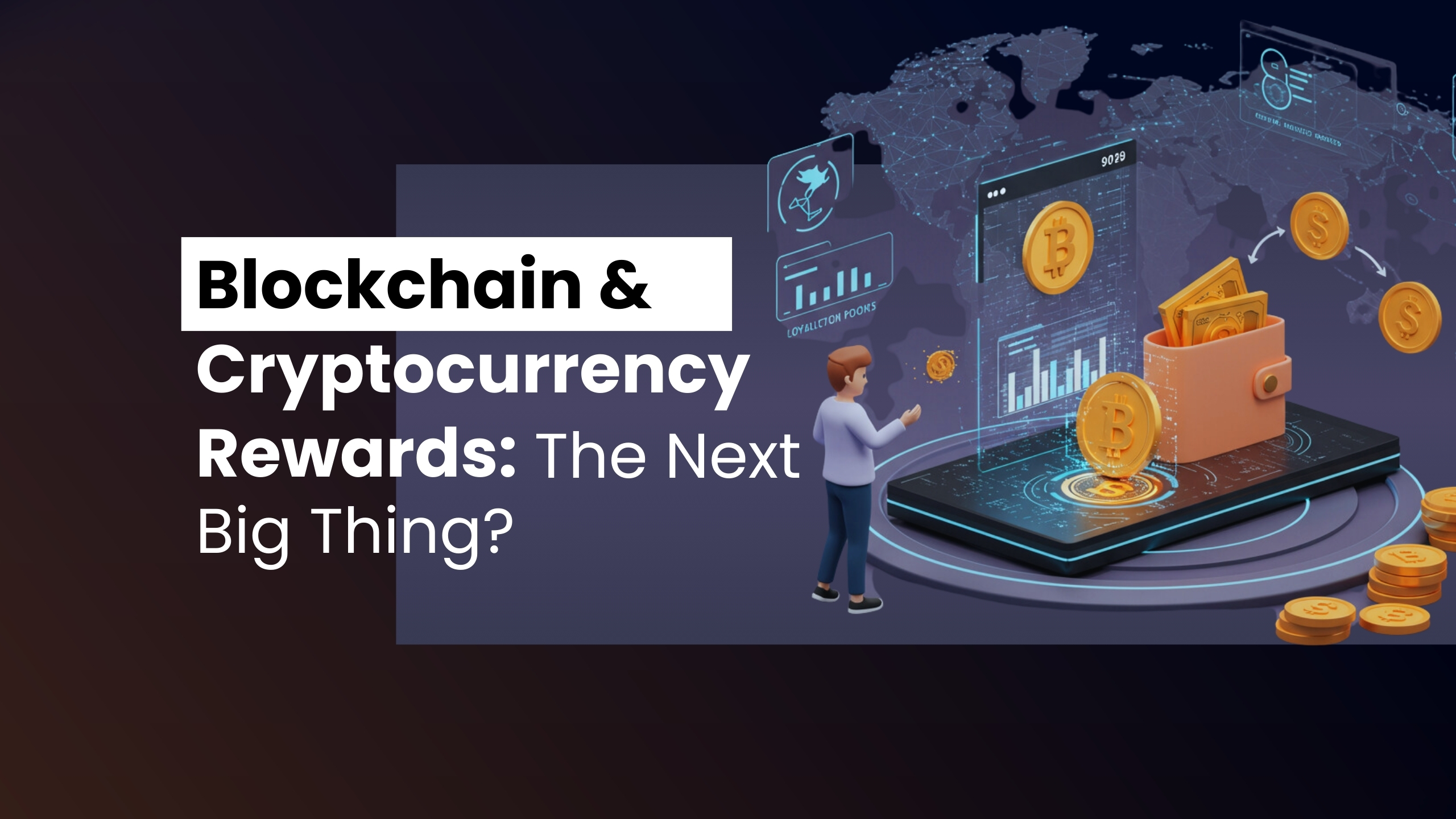Blockchain & Cryptocurrency Rewards: The Next Big Thing?
- The Evolution of Loyalty Programs
Loyalty programs have long been a key strategy for customer retention, but traditional models often face inefficiencies, fraud risks, and limited flexibility. Blockchain technology is addressing these challenges by introducing decentralized, transparent, and secure reward systems that enhance consumer trust and engagement.
- Key Benefits of Blockchain-Based Loyalty Programs
Enhanced Security & Fraud Prevention
Blockchain’s immutable ledger prevents tampering, ensuring that loyalty points or tokens remain secure and verifiable, reducing fraud risks.
Transparency & Trust
All transactions are recorded on a decentralized ledger, minimizing disputes and increasing consumer confidence in loyalty programs.
Interoperability & Universality
Cryptocurrency-based rewards can be used across multiple brands and platforms, allowing customers to redeem points seamlessly across different ecosystems.
Cost-Effective & Efficient Transactions
By eliminating intermediaries, blockchain reduces administrative costs and speeds up the processing of rewards, improving user experience.
Customer Ownership of Rewards
Unlike traditional points that may expire or be restricted, blockchain-based rewards provide users with full control over their tokens, increasing flexibility.
- Real-World Examples of Blockchain Loyalty Programs
Starbucks & Bakkt: Starbucks allows customers to convert loyalty points and crypto assets into spendable rewards through the Bakkt platform.
Chanticleer Holdings: A restaurant group utilizing blockchain tokens for customer incentives and engagement.
Singapore Airlines KrisPay: A blockchain-based digital wallet that enables airline miles to be converted into merchant points for various purchases.
- Future Trends in Blockchain Loyalty
NFT-Based Rewards: Brands may introduce non-fungible tokens (NFTs) as exclusive loyalty perks for customers.
AI-Powered Personalization: AI and blockchain integration will help tailor rewards based on individual spending habits.
Web3 Ecosystem Expansion: Decentralized rewards will become a core part of the evolving Web3 economy, allowing customers to engage with loyalty programs more seamlessly across industries.
- Challenges & Considerations
Adoption & Accessibility: Customers need education on blockchain and digital wallet usage for smooth adoption.
Regulatory Compliance: Crypto-based rewards must align with evolving legal frameworks.
Market Volatility: Cryptocurrency values fluctuate, which could impact reward stability.
Conclusion
Blockchain and cryptocurrency are revolutionizing customer loyalty by offering security, transparency, and flexibility. As more brands adopt decentralized rewards, businesses that embrace these innovations will gain a competitive edge in customer engagement and retention.

